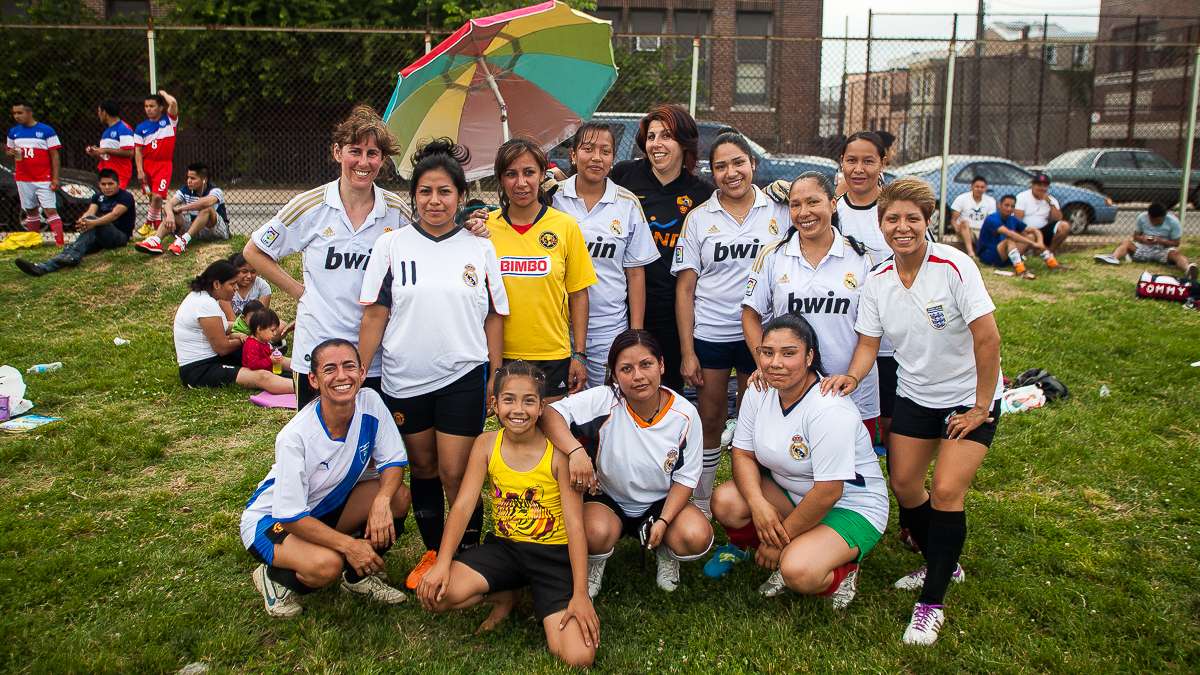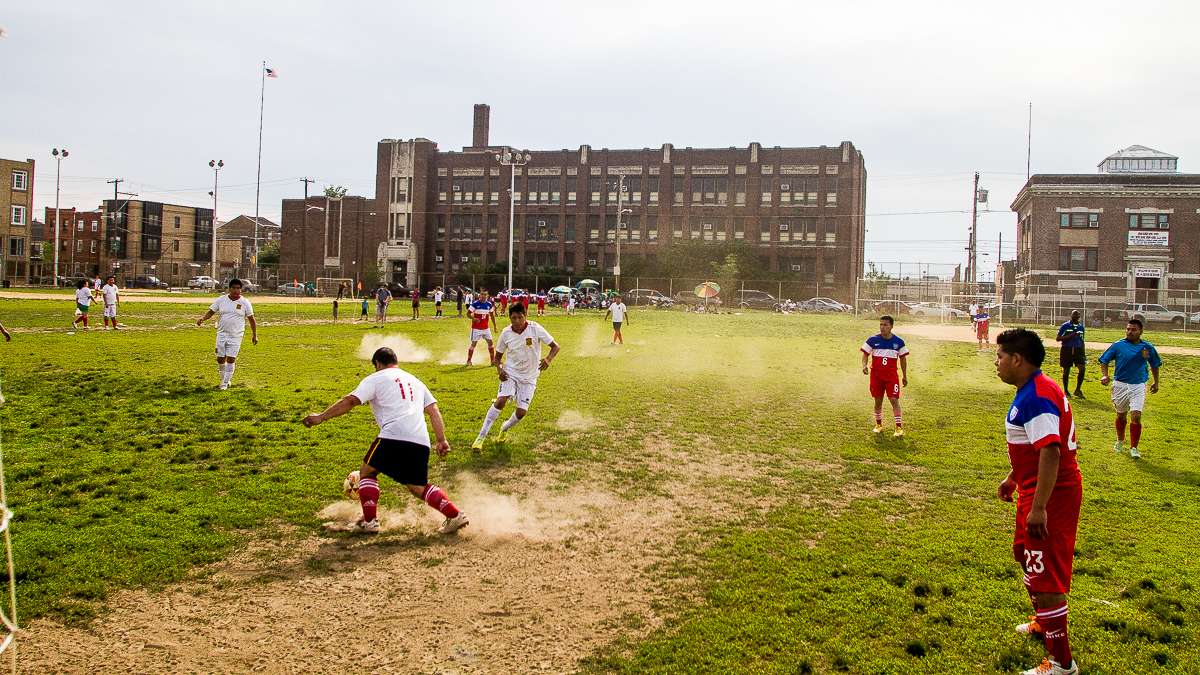Memories of 2006 overdoses may be sparing some in Philly from worst of deadly heroin resurgence
ListenAt last count, fentanyl-laced heroin has been blamed for 46 overdose deaths in Philadelphia this year, 18 of them since the end of April. City health leaders say some have occurred in areas where they hadn’t seen them before, such as Germantown and Mount Airy.
Delaware recently confirmed eight fentanyl-linked overdose deaths.
The drug mix, which mainly cropped up last year, is a lot more potent than regular heroin. It’s often fatal, according to Dr. Marc Richman, Delaware’s assistant medical director for behavioral health. Even so, he finds that many “want that intense high” and actually seek it out, further fueling a supply and demand.
But that may be playing out differently in Philadelphia.
Outreach workers at the public health group Prevention Point Philadelphia had been bracing for the drug to reach the city since last year, as reports of the fatal mix began surfacing in New Jersey and elsewhere. But while Philadelphia is often viewed as a hotspot for cheap heroin, the mix didn’t start showing up until about two months ago.
“People do want to avoid it, they’re trying to stay away from it,” says Nidia Flores, an outreach worker with Prevention Point Philadelphia. “They don’t want to OD, they don’t want to hit themselves with something that’s going to take their lives.”
Flores thinks there may be less demand for the mix in Philadelphia because of what happened in 2006. That year, it was blamed for more than 250 overdose deaths in the city.
In response to the recent wave of fentanyl-laced heroin, Flores and others have instead been trying to identify which brands or “stamps” of heroin seem to include fentanyl to warn users.
Silvana Mazzella, Prevention Point’s program director, says the group has also ramped up overdose prevention trainings — trainings which the city and other agencies initiated in response to the 2006 uptick in overdose deaths.
The twice-weekly trainings include instructions for using naloxone. The prescription marketed as Narcan acts as an antidote when administered to someone having an overdose. Participants in the training may receive a kit, prescribed by a doctor, to use in the event that someone they know experiences an overdose.
“One of the other more amazing things is people are coming back in after getting the Narcan and saying, ‘I was able to — this week alone, I turned around six people. I was able to save two people,” she says. “People are coming in for more refills.”
The recent deaths underscore the worries of Mazzella and others about a general increase in overdose deaths throughout region.
WHYY is your source for fact-based, in-depth journalism and information. As a nonprofit organization, we rely on financial support from readers like you. Please give today.








